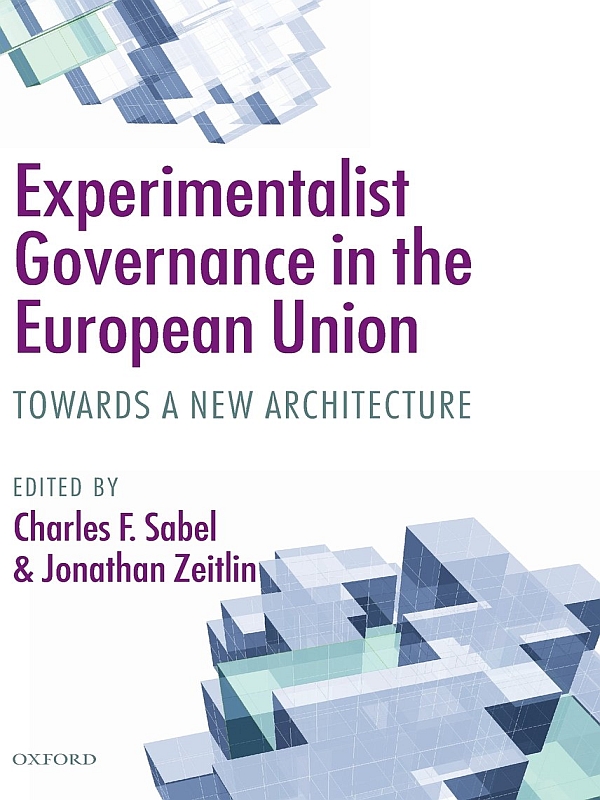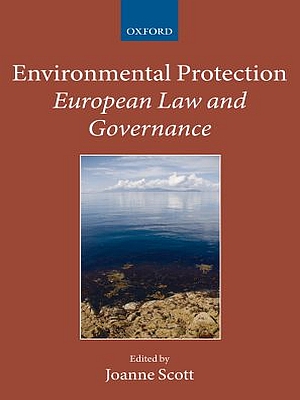
Emerging Experimentalism in EU Environmental Governance
- Publication
- Citation
Homeyer, Ingmar von 2010: "Emerging Experimentalism in EU Environmental Governance", in: Charles F. Sabel and Jonathan Zeitlin (eds.): Experimentalist Governance in the European Union. New York: Oxford University Press Inc., 121-151.
In this chapter, Ecologic Senior Fellow Ingmar von Homeyer argues that the institutional structures and processes underlying EU environmental governance have undergone a significant transformation in recent years. Important characteristics of this emerging "experimentalism" in EU environmental governance include the transition of many important decisions into the implementation stage, trans-nationally networked implementation, and the creation of indicators and reporting requirements for regular review and revision of policies.
EU environmental policy has often been shaped by contingent processes of coalition formation on the basis of converging interests of a relatively small number of pioneering member state governments and/or their environment ministries, the European Commission’s Directorate General for Environment, and the European Parliament Environment Committee. Implementation of EU environmental legislation was left to individual EU Member States. However, in the last decade, experimentalist governance patterns have emerged which are likely to modify the way in which EU environmental policy-making operates. The new experimentalist patterns introduce recursive decision-making, shift policy-making to the implementation stage, stimulate mutual learning, and include a broader range of national and regional level actors and experts in EU policy-making.
The chapter analyses the factors which led to the emergence of experimentalism in EU environmental governance and looks at the institutional characteristics and actual functioning of two examples of experimentalist environmental governance in the EU – the EU Sustainable Development Strategy and the Water Framework Directive and its Common Implementation Strategy.
This publication emerged from the project "EU Governance: towards a New Architecture" led by Charles Sabel (Columbia Law School) and Jonathan Zeitlin (University of Wisconsin).






